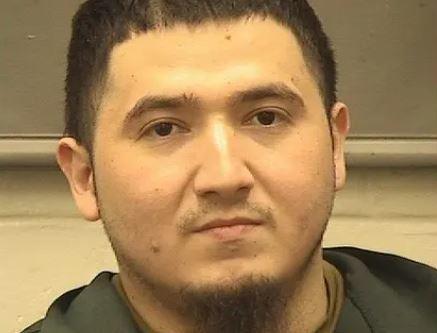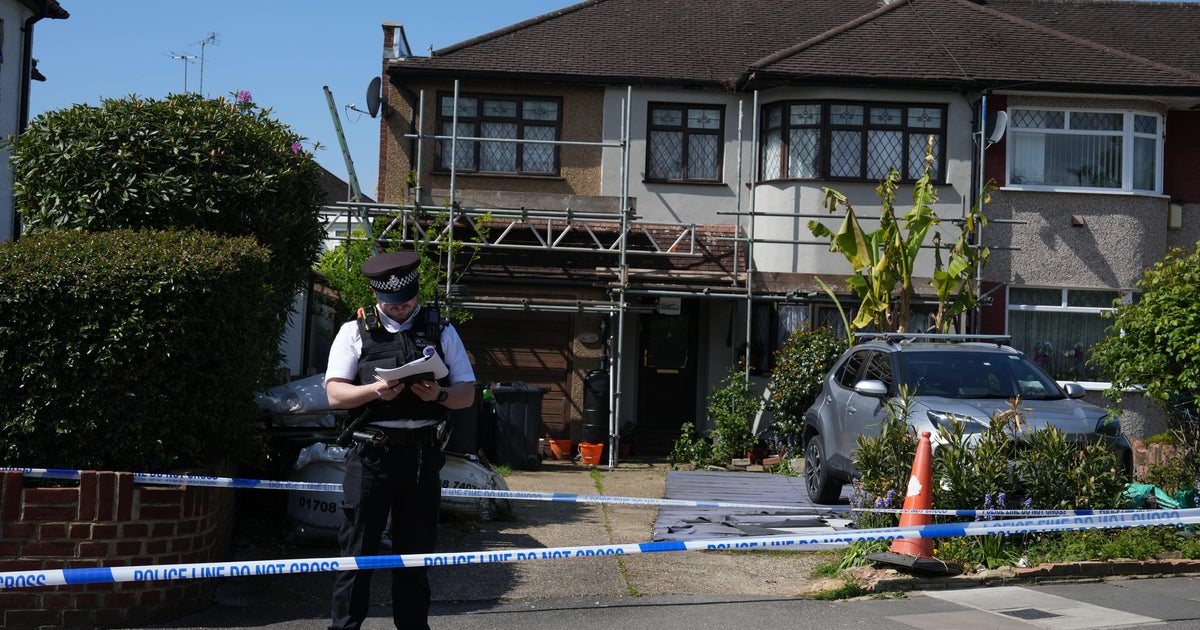In the violent milieu of the MS-13 street gang, the summer of 2019 in northern Virginia was marked by a series of killings that sent shockwaves through the region. Prosecutors described it as a period where the “Washington, D.C., metropolitan area became an MS-13 hunting ground,” emphasizing the random selection of victims, a departure from the gang’s usual patterns.

Unprecedented Violence in Northern Virginia
Typically, MS-13 killings involved clashes with rival gangs or internal disputes. However, the summer of 2019 witnessed a grim evolution as gang leader Melvin Canales Saldana, known as “Demente,” ordered his associates to escalate violence. Canales, a high-ranking member of the Sitios clique in MS-13, instructed his followers to pursue more aggressive tactics, leading to a spree of random killings targeting civilians with no ties to any gangs.
Life Sentences and Appeals
In the aftermath, Canales and his cohorts faced the legal consequences of their actions. Canales, along with other gang members, was sentenced to life in prison for his role in orchestrating the killings. Despite his defense attorney’s assertions that Canales opposed targeting innocent civilians, the court held him responsible for the violence unleashed by his subordinates. Legal proceedings continue for other MS-13 members involved in similar crimes, underscoring the gravity of their actions and the pursuit of justice.
MS-13: Transnational Criminal Enterprise and Ongoing Crackdown
Originating as a neighborhood street gang in Los Angeles, MS-13 has evolved into a transnational criminal organization with a significant presence in El Salvador and across Central America. In recent years, the gang has expanded its reach into the United States, particularly in states like Virginia. The Department of Justice has intensified efforts to dismantle MS-13, establishing task forces and securing convictions against its members. However, challenges persist as the gang continues to engage in illicit activities, leveraging fear and violence to maintain control over its territories.
The U.S. government’s proactive stance against MS-13 includes significant rewards for information leading to the apprehension of its leaders. With ongoing efforts to combat the gang’s influence, law enforcement agencies remain vigilant, recognizing MS-13’s continued threat to public safety.

In conclusion, the sentencing of MS-13 members involved in the Virginia killings reflects a broader struggle against organized crime and violence in communities across the United States. While legal measures aim to hold perpetrators accountable, addressing the root causes of gang activity and providing support to at-risk individuals remain essential components of long-term prevention efforts.
